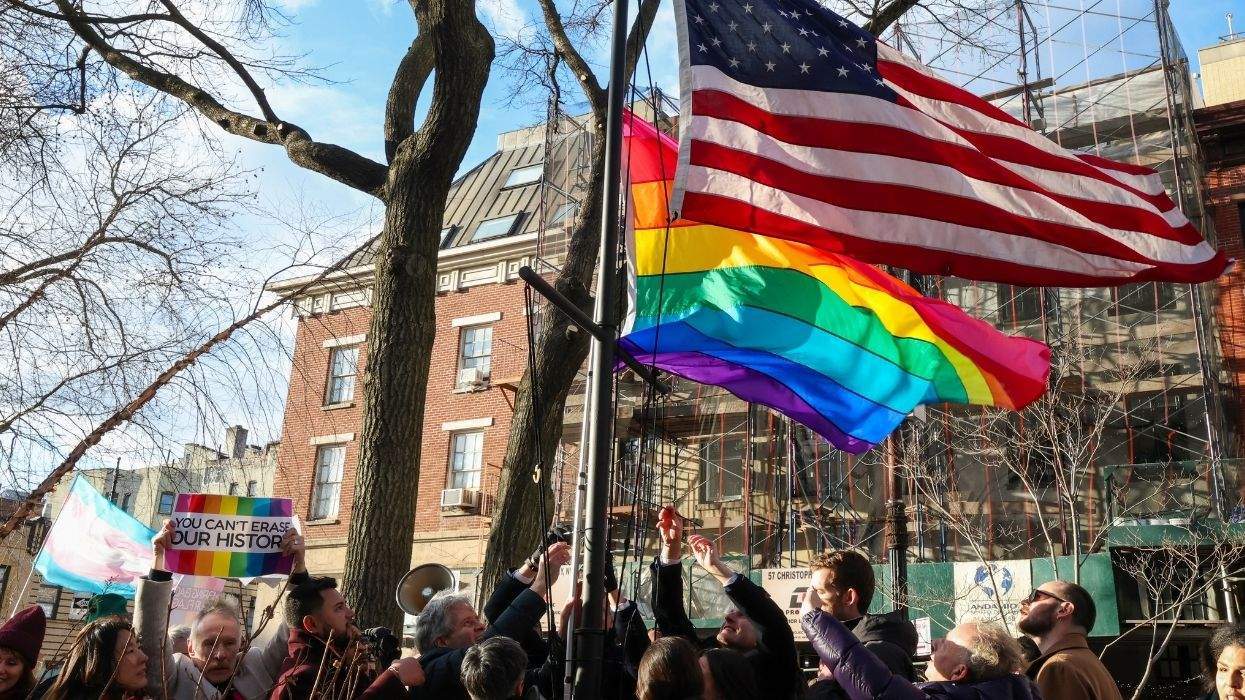By Jen Christensen, CNN
(CNN) — A coalition of civil rights and medical organizations said Tuesday that they are suing the US Food and Drug Administration because it has missed its own deadline to take action to ban menthol cigarettes.
“This is profits over people, and we are just really asking on behalf of the national associations that people are put first,” Dr. Yolanda Lawson, president of the National Medical Association, the nation’s oldest group representing Black physicians, said at a news conference Tuesday.
The other plaintiffs are the African American Tobacco Control Leadership Council and Action on Smoking and Health.
“The industry knows that every year of delay is another year where they have the opportunity to addict another batch of our people,” Carol McGruder, founding member of the African American Tobacco Control Leadership Council, said at the news conference.
The FDA had said the issue was a “top priority” when it sent the final rule banning menthol cigarettes and flavored cigars to the White House for its approval in October. A ban had been expected last year, but at the end of the year, the regulatory deadline was moved to March after lobbying from various stakeholder groups.
“There’s no scientific or legal reason for this, and the FDA themselves have illustrated that they believe that this is important. So the delay seems to be for a political reason,” said Kelsey Romeo-Stuppy, managing attorney for Action on Smoking and Health. “It’s almost unconscionable that it’s taken two lawsuits from nongovernmental organizations to require a public health policy that the FDA already agrees is supported by facts and law.”
All flavors in cigarettes except menthol were banned in 2009. The FDA has been considering a ban on menthol for more than a decade. In what public health groups considered a “momentous step” in April 2022, the FDA announced a proposed product standard because it had “the potential to significantly reduce disease and death” and reduce “youth experimentation and addiction” as well as increase the number of smokers who quit.
Romeo-Stuppy said that menthol cigarettes have killed about 40,000 Americans since the organizations first filed suit over the issue in 2020. That complaint sought to have the court compel the FDA to make a determination about whether it should add menthol to the list of prohibited tobacco flavors. In 2013, the Public Health Law Center also filed a citizen petition calling on the FDA to prohibit the sale of menthol cigarettes. When the FDA made a formal determination and committed to adding menthol to a list of banned flavors, the groups dismissed the initial suit.
The FDA said it does not comment on pending or ongoing litigation but “remains committed to issuing the tobacco product standards for menthol in cigarettes and characterizing flavors in cigars as expeditiously as possible; these rules have been submitted to [the Office of Management and Budget] for review, which is the final step in the rulemaking process. As we’ve made clear, these product standards remain at the top of our priorities. Regulations such as product standards go through an extensive rulemaking process, which includes interagency review. At this stage in rulemaking, the FDA is limited from further discussions about the rules before they are published.”
A ban would save lives and money, according to the organizations behind the suit. Over a 20-year period, it could lower health care costs among all adult smokers by about $1.62 billion, a recent study found. It would also save up to 654,000 lives in the US within 40 years, including the lives of 255,000 members of the Black community, according to a 2022 study.
The benefits would be especially significant for Black and LGBTQ+ communities. For years, tobacco companies have aggressively targeted these communities with menthol marketing, according to the US Centers for Disease Control and Prevention. The focused outreach has been highly effective, and menthol cigarettes have played a role in widened health disparities.
A 2020 study showed that while 43% of all adult smokers smoked menthols, more than 83% of Black smokers did. Only about 30% of White smokers chose menthols.
Black people die at significantly higher rates than White people of smoking-related illnesses including stroke, heart disease and lung cancer: They make up 12% of the population in the US, but people who are Black account for 41% of smoking-related premature deaths and 50% of the life-years lost associated with menthol tobacco product use between 1980 and 2018, one study found.
Within five years, the elimination of menthol cigarettes could close the gap in lung cancer deaths, the study found.
More than half of kids who smoke use menthol cigarettes, according to the CDC. Research has also found that children who smoked menthols were more likely to become regular smokers than occasional smokers.
A recent study showed that a quarter of smokers quit altogether within a year or two of a menthol ban in other countries and in some US municipalities.
“We already know that tobacco is a critical public health issue that remains the leading cause of preventable death and disease, but apparently, we need to keep beating the drum about how Black Americans in particular bear the greatest burden and it doesn’t even have to be that way,” Dr. Valerie Yerger of the African American Tobacco Control Leadership Council said at Tuesday’s news conference. “The FDA, President Biden and his White House administration are also aware of the evidence. It is long past time for them to get inoculated against whatever the heck is keeping them from getting these deadly products out of the US marketplace.”
Some groups have pointed to the irony of the Biden administration making a proclamation about April’s National Cancer Prevention and Early Detection Month, and it would be difficult to meet the goal of the Cancer Moonshot – ending cancer as we know it – without a menthol ban, according to the American Cancer Society Cancer Action Network, which is not part of the lawsuit.
“The administration continues to miss the opportunity to leave a significant, lasting public health legacy, save lives and reach their Cancer Moonshot goals by not finalizing these rules,” Dr. Karen E. Knudsen, CEO of the American Cancer Society and the Cancer Action Network, said in a news release Monday.
The American Lung Association is also not part of the lawsuit but expressed its support.
“The FDA’s findings show that menthol cigarettes are not appropriate for the protection of public health. It is frustrating that the continued delay of the menthol rules compelled our partners to go back to court,” association President and CEO Harold Wimmer said in a news release Tuesday.
The FDA will probably have about two months to respond to the lawsuit in court, according to the groups’ attorney, Christopher Leung.
The White House did not respond to a request for comment on the lawsuit.
“We’re asking President Biden and the administration to protect us,” McGruder said Tuesday. “We know that this final rule is not the end. It is the beginning of a long process to begin to repair the damage that has been done to our community.”
The-CNN-Wire
™ & © 2024 Cable News Network, Inc., a Warner Bros. Discovery Company. All rights reserved.















Charlie Kirk DID say stoning gay people was the 'perfect law' — and these other heinous quotes
These are some of his worst comments about LGBTQ+ people made by Charlie Kirk.